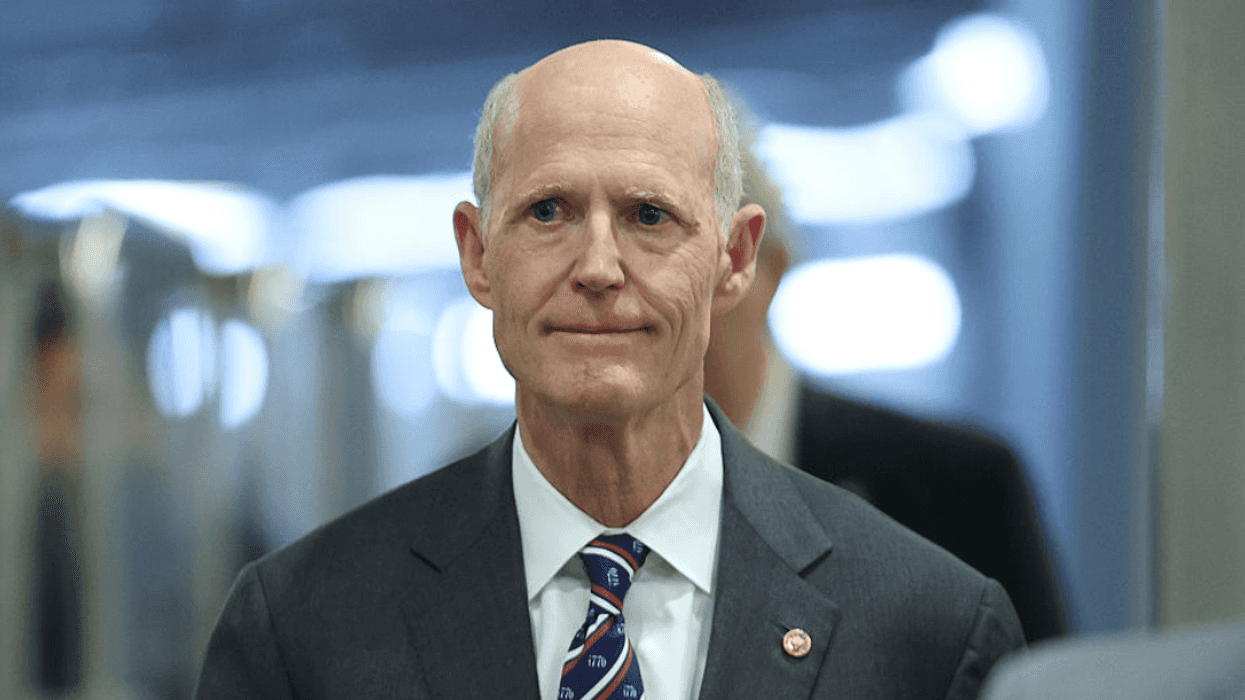For some time after the January 6 attack on the Capitol, there was much attention upon members of Congress having given tours of the building to people who later participated in the riot. Some members of Congress outright alleged that the tours may have assisted the rioters in their planning and logistics. One week after the attack, Rep. Mikie Sherrill (D-NJ), a former navy helicopter pilot and federal prosecutor, stated in a virtual town hall on January 12 that there were “members of Congress who had groups coming through the Capitol that I saw on January 5th for reconnaissance for the next day.” Democrats urged law enforcement leaders to investigate sightings of outside groups in the Capitol complex on January 5 who appeared to be associated with the rally at the White House. It was an explosive charge that led many to question whether January 6 was an inside job.
But then, for more than a year, not much ever seemed to come of this. Republican lawmakers on the Committee of House Administration quickly insisted that security footage from the days before January 6 showed that “[t]here were no tours, no large groups, no one with MAGA hats on” within the US Capitol complex. Then they went on the attack. Rep. Barry Loudermilk (R-GA) filed an ethics complaint last year against Sherrill and 33 other Democrats accusing them of making unfounded allegations about Republican-led reconnaissance tours. His indignation ran high. “A Member of Congress accusing another Member of committing a crime, without evidence, is morally reprehensible and a stain on this institution,” Loudermilk stated in the complaint. “No Republican Member of Congress led any kind of ‘reconnaissance’ tours through the Capitol, proven by security footage captured by the U.S. Capitol Police.” He continued, “My Republican colleagues and I will not sit by while Democrats accuse their colleagues of treason for political gain. This type of conduct must not be tolerated.” He urged the House Ethics Committee to “take quick and decisive action to ensure this never happens again.”
But it now appears that his vehement denials may have sought to hide something. This week, the January 6 Committee issued a letter to Rep. Loudermilk specifically asking him to come forward with information about tours given in advance of the Capitol complex. “Public reporting and witness accounts indicate some individuals and groups engaged in efforts to gather information about the layout of the U.S. Capitol, as well as the House and Senate office buildings, in advance of January 6, 2021,” the Committee wrote, asking him to provide what information he knows. Specifically, the Committee stated they had discovered evidence that Rep. Loudermilk himself led a tour of parts of the Capitol complex the day before the riot. This tour, which tends to support Rep. Sherrill’s own eyewitness account, would have been unusual because it occurred during a time the building was closed to visitors due to Covid-19 measures.
The Committee importantly stated it had reviewed evidence that “directly contradicts” previous claims by Republican lawmakers, who said security footage from the days before January 6 showed there were no tours given. In other words, the Committee appears to allege that prior statements by the Republicans, including Loudermilk, were false, thus implying a cover-up.
Rep. Loudermilk and Rep. Rodney Davis (R-IL), the top Republican on the House Administration Committee, responded in a statement pushing back on allegations of tours on January 5. “A constituent family with young children meeting with their Member of Congress in the House Office Buildings is not a suspicious group or ‘reconnaissance tour.’ The family never entered the Capitol building,” they wrote. They also wrote a letter to Speaker Nancy Pelosi’s office calling for a release of the footage (even though it is the Capitol Police, and not her office, that retains the video records).
Loudermilk’s denial is somewhat curious because it also is an admission. If a “family” tour of the House Office Buildings was all that ever took place under him, why didn’t Rep. Loudermilk simply disclose that last year at the outset? Why insist, apparently misleadingly, that there were “no tours” at all?
The request to appear could be ordinary due diligence by the Committee, but that doesn’t seem likely, especially at this late stage. As political writers Greg Sargent and Paul Waldman noted in The Washington Post, the fact that the Committee was prepared to name a fellow Congressmember personally and suggest that he has something to hide about January 5 tours is an extraordinary escalation. While we currently don’t know what eyewitness accounts and evidence the Committee has, and neither does Rep. Laudermilk, the decision to tie a fellow member of Congress to possible riot planning could not have been arrived at lightly, suggesting that the evidence the Committee has is strong. If it bears out, it could represent a connection between Republican allies of the former president and the actual preparations over the attack on the Capitol, which has as yet never been established. As Sargent and Waldman write, “If committee members are going to drop hints like these, one hopes they have the goods.”
Together with their recent and unprecedented subpoenas to Republican Congressmembers, some of whom apparently plotted with the Trump White House to overturn the election results, the focus of the Committee on the pre-attack Capitol tours and the notion of a possible inside job raises the stakes quite considerably, all just weeks before public hearings are set to get underway this summer.

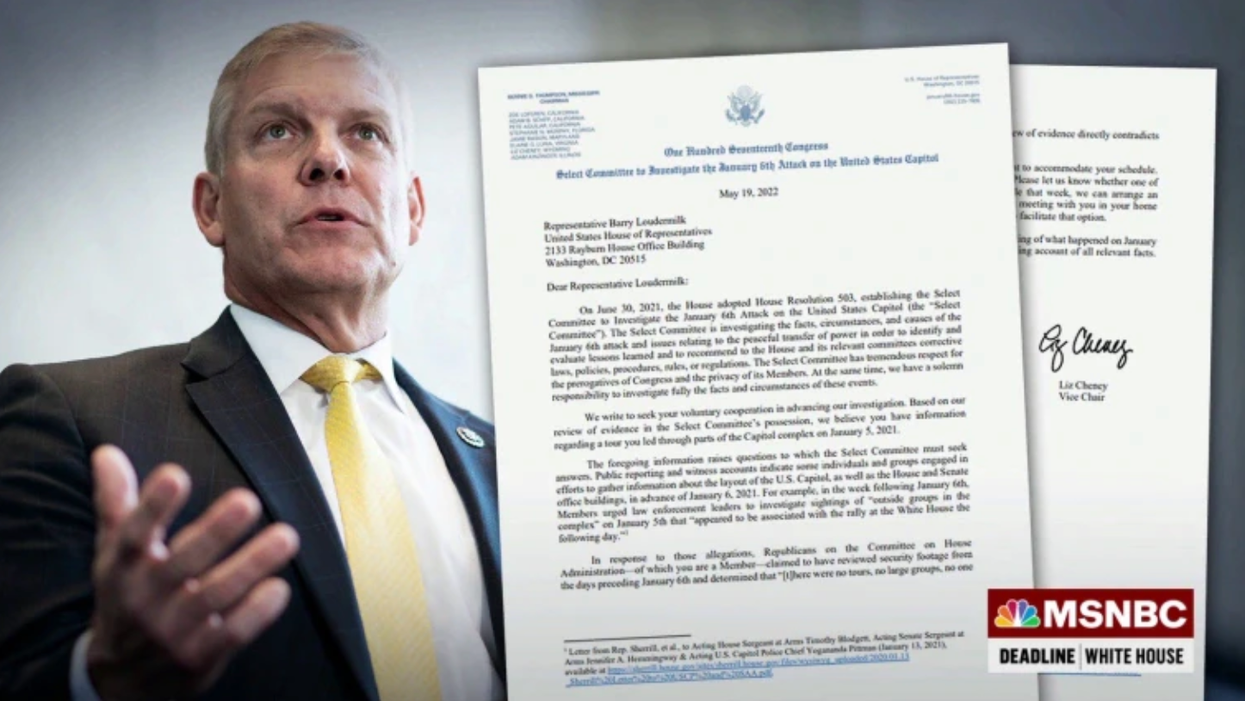
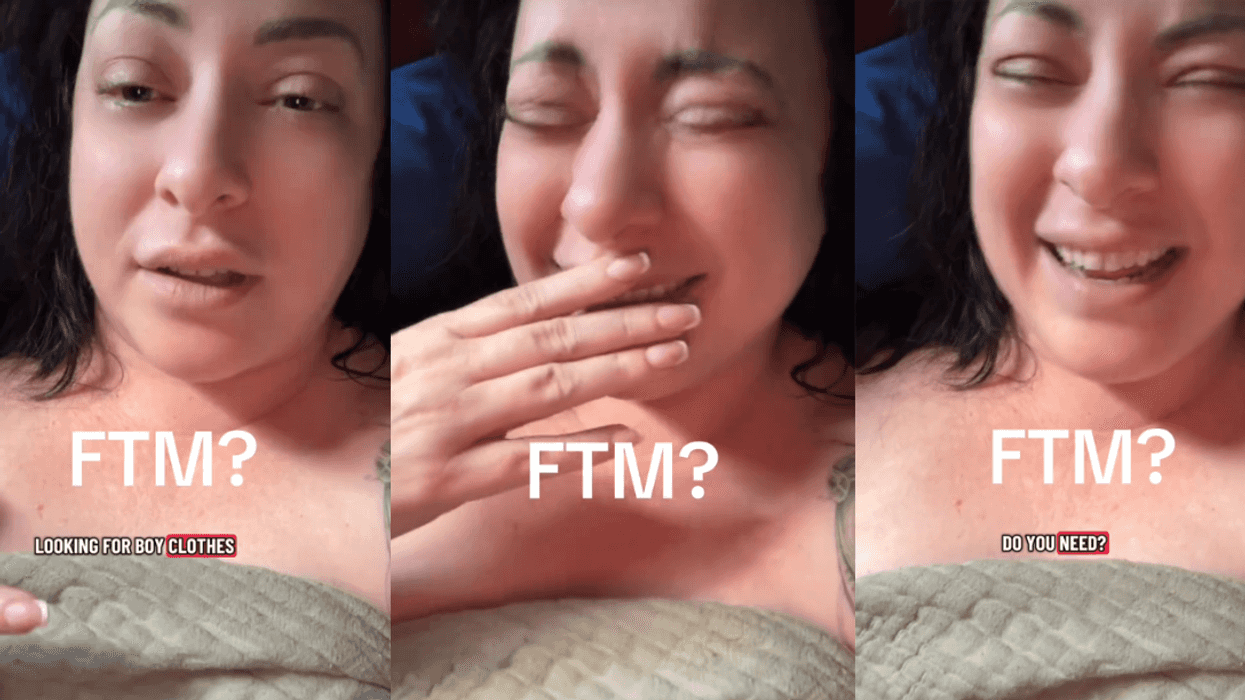



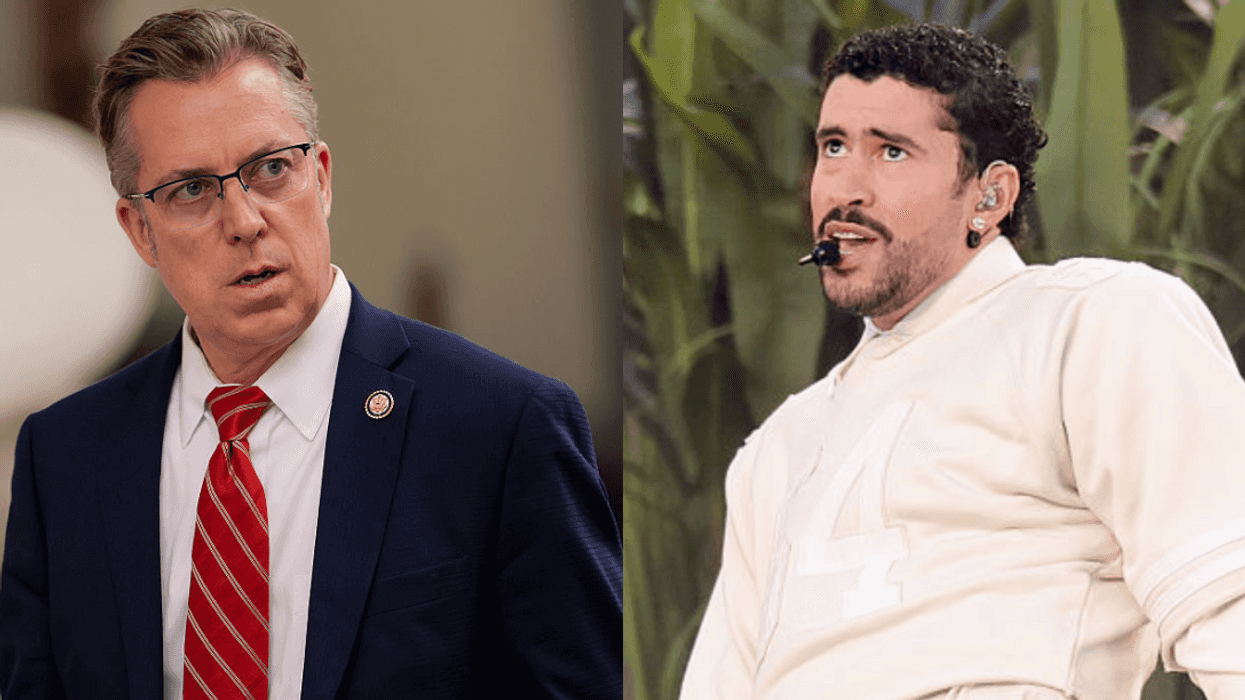
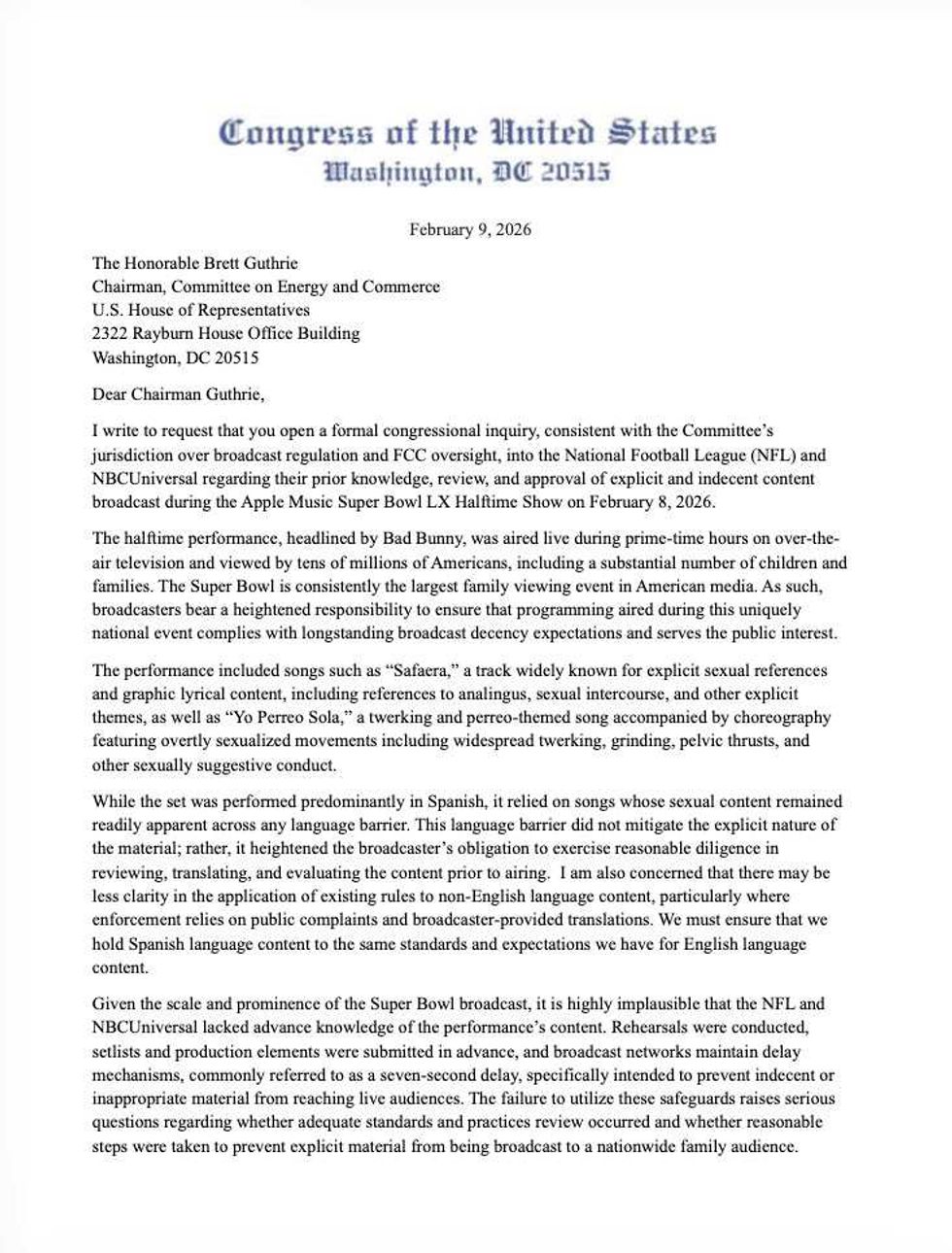 @RepOgles/X
@RepOgles/X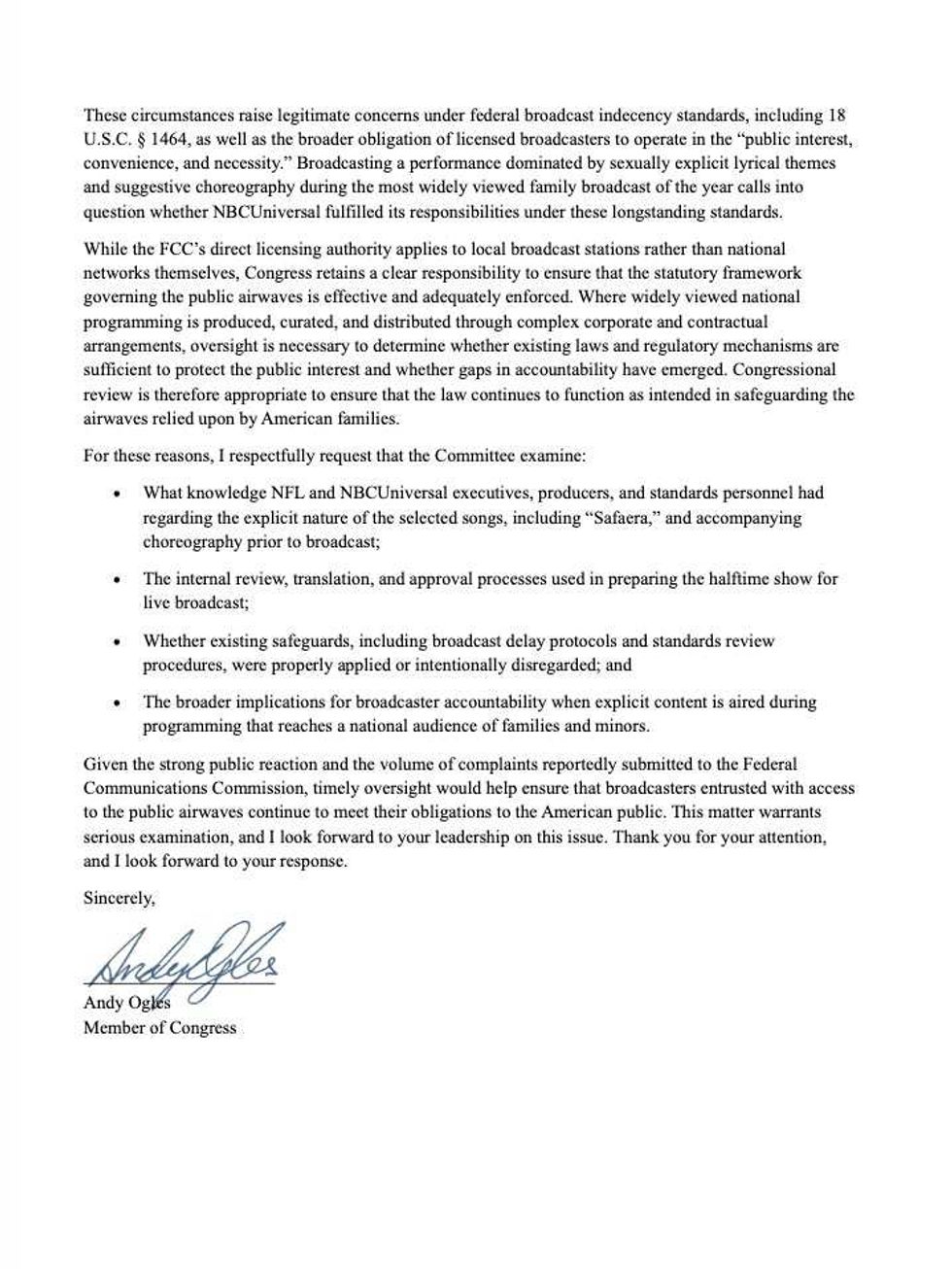 @RepOgles/X
@RepOgles/X




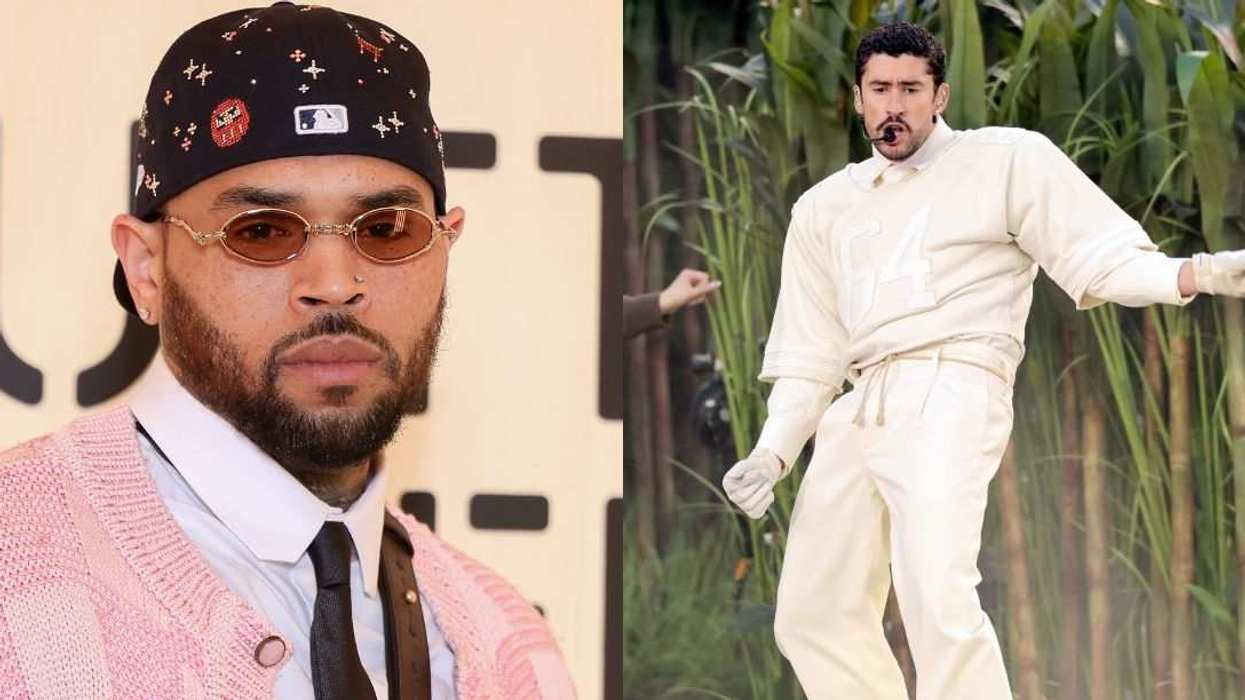
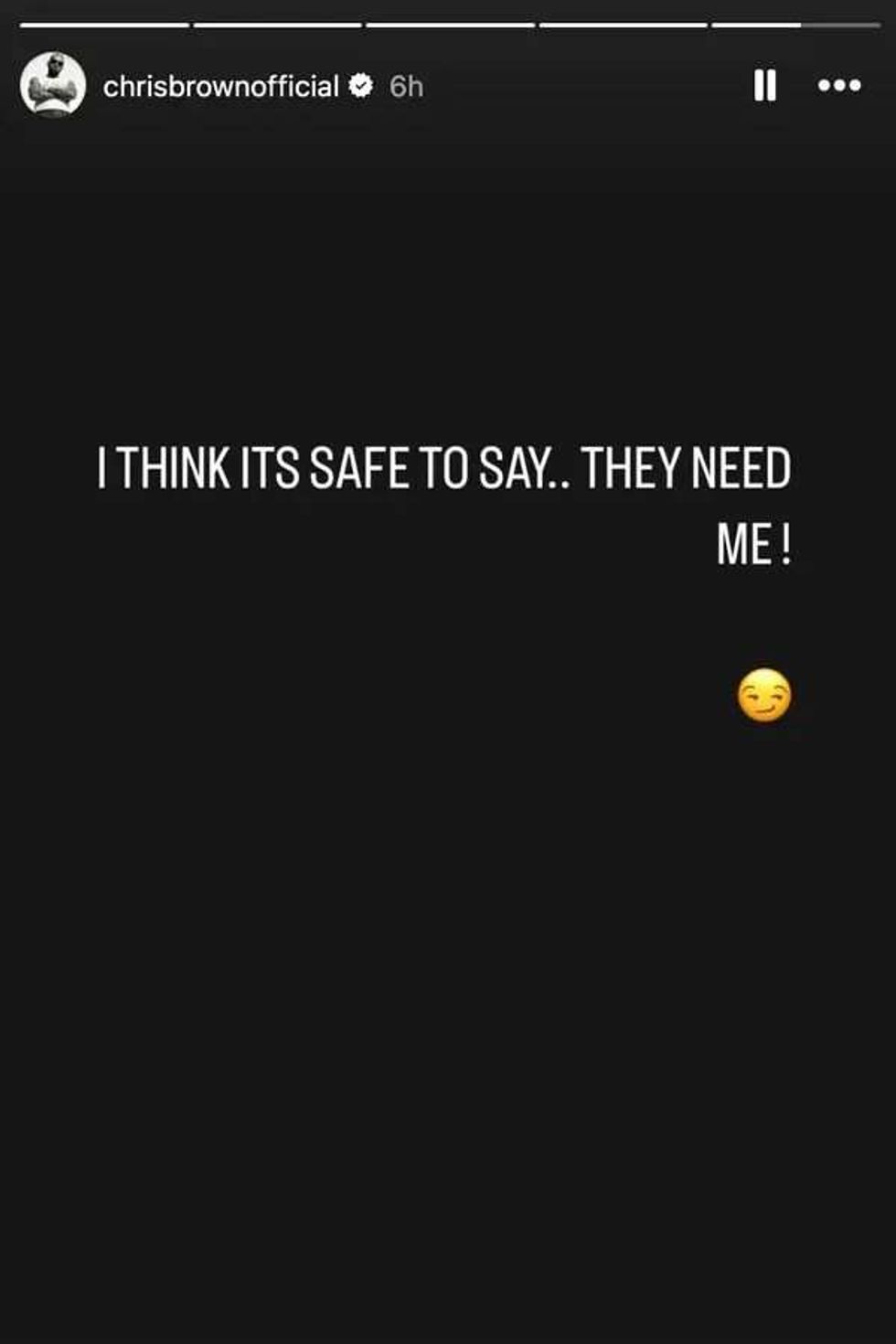 @chrisbrownofficial/Instagram
@chrisbrownofficial/Instagram u/oatlatt/Reddit
u/oatlatt/Reddit u/LoveTheAhole/Reddit
u/LoveTheAhole/Reddit u/SoFetch89/Reddit
u/SoFetch89/Reddit u/00trysomethingnu/Reddit
u/00trysomethingnu/Reddit u/kittybuscemi/Reddit
u/kittybuscemi/Reddit u/___nic/Reddit
u/___nic/Reddit u/WaterMagician/Reddit
u/WaterMagician/Reddit u/west-brompton/Reddit
u/west-brompton/Reddit u/GhostlySpinster/Reddit
u/GhostlySpinster/Reddit u/Asleep_Tap6199/Reddit
u/Asleep_Tap6199/Reddit u/afreudtolove/Reddit
u/afreudtolove/Reddit u/myfriendtoldmetojoin/Reddit
u/myfriendtoldmetojoin/Reddit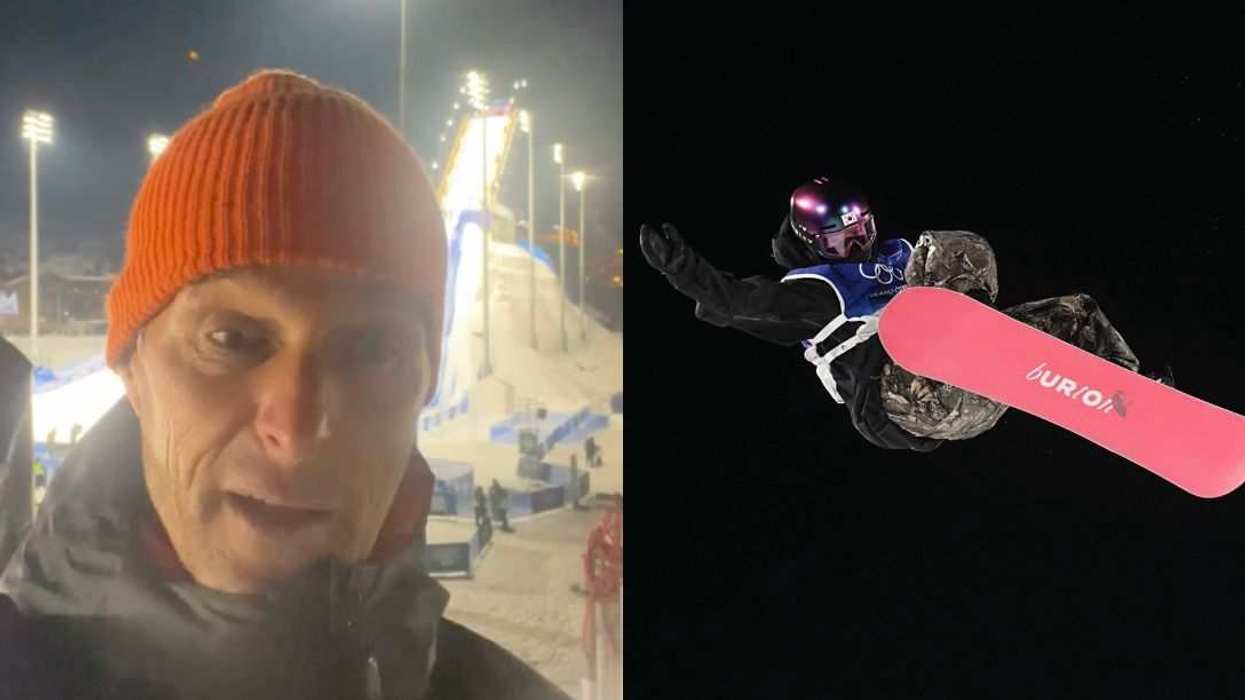
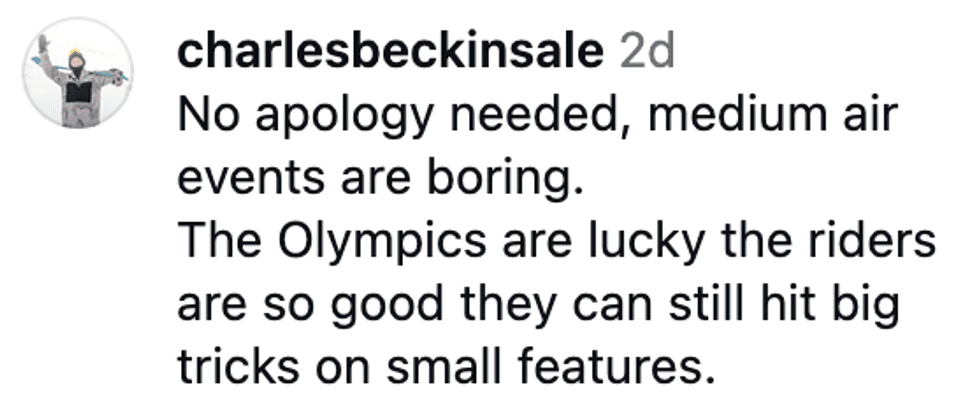 @charlesbeckinsale/Instagram
@charlesbeckinsale/Instagram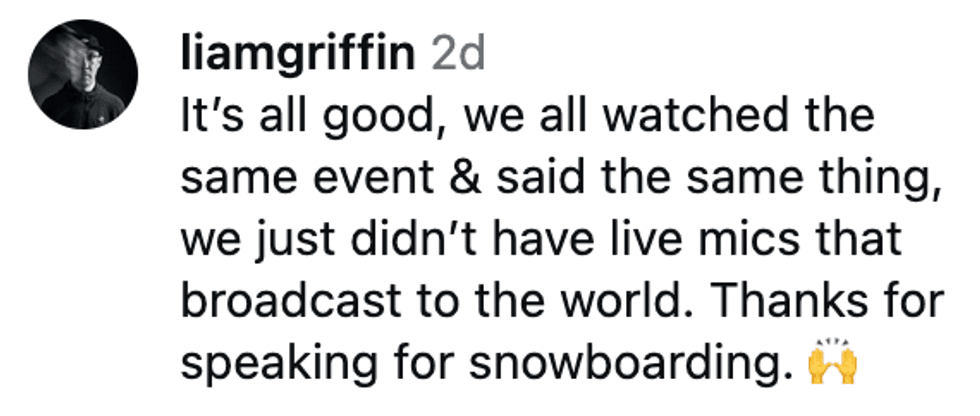 @liamgriffin/Instagram
@liamgriffin/Instagram @valentinoguseli/Instagram
@valentinoguseli/Instagram @17is/Instagram
@17is/Instagram @torahbright/Instagram
@torahbright/Instagram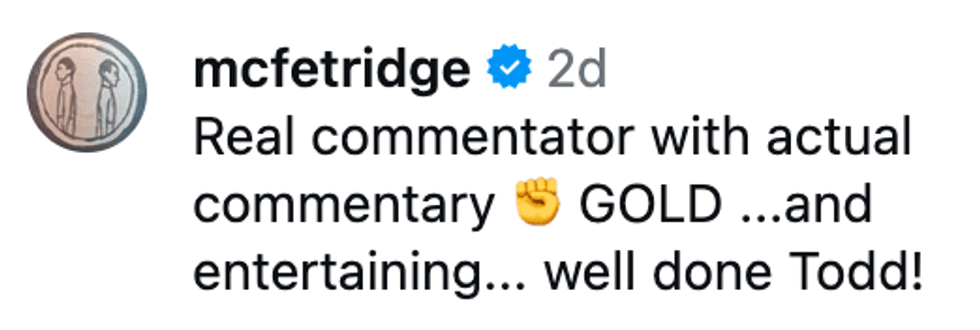 @mcfetridge/Instagram
@mcfetridge/Instagram @colleenquigley/Instagram
@colleenquigley/Instagram @jonathanwaynefreeman/Instagram
@jonathanwaynefreeman/Instagram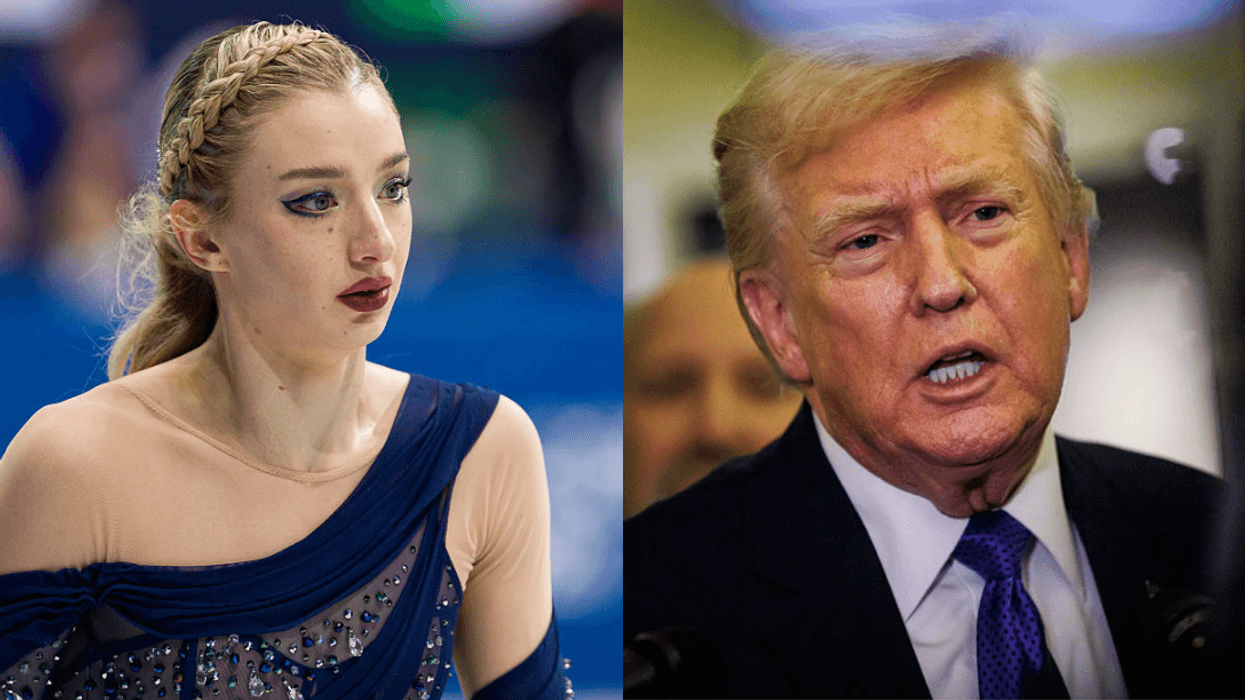
 @amberglenniceskater/Instagram
@amberglenniceskater/Instagram